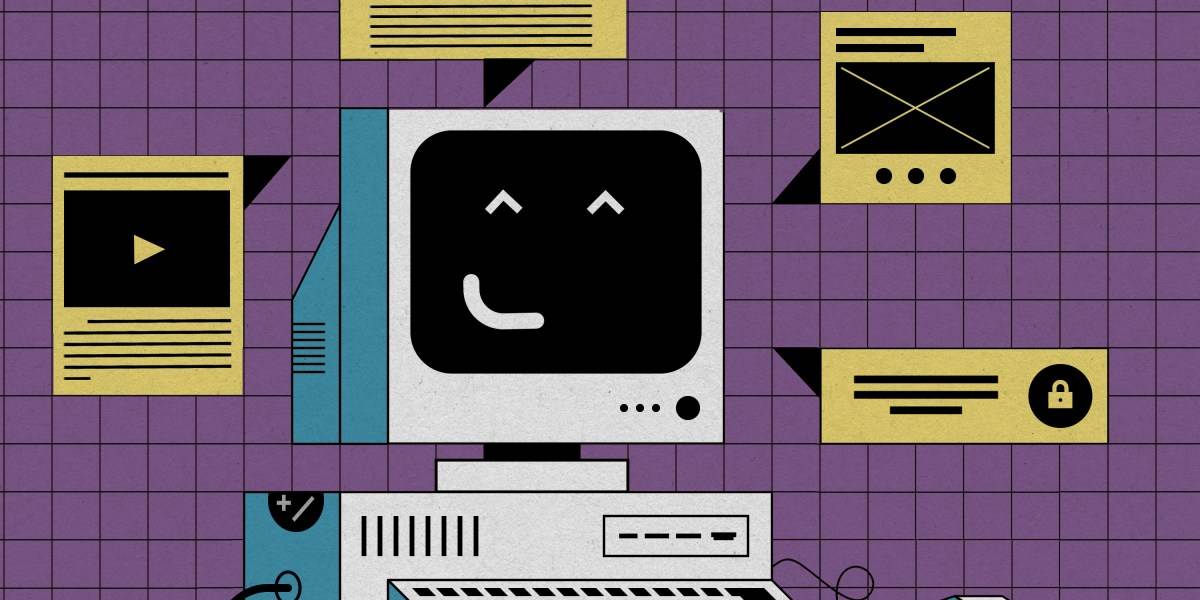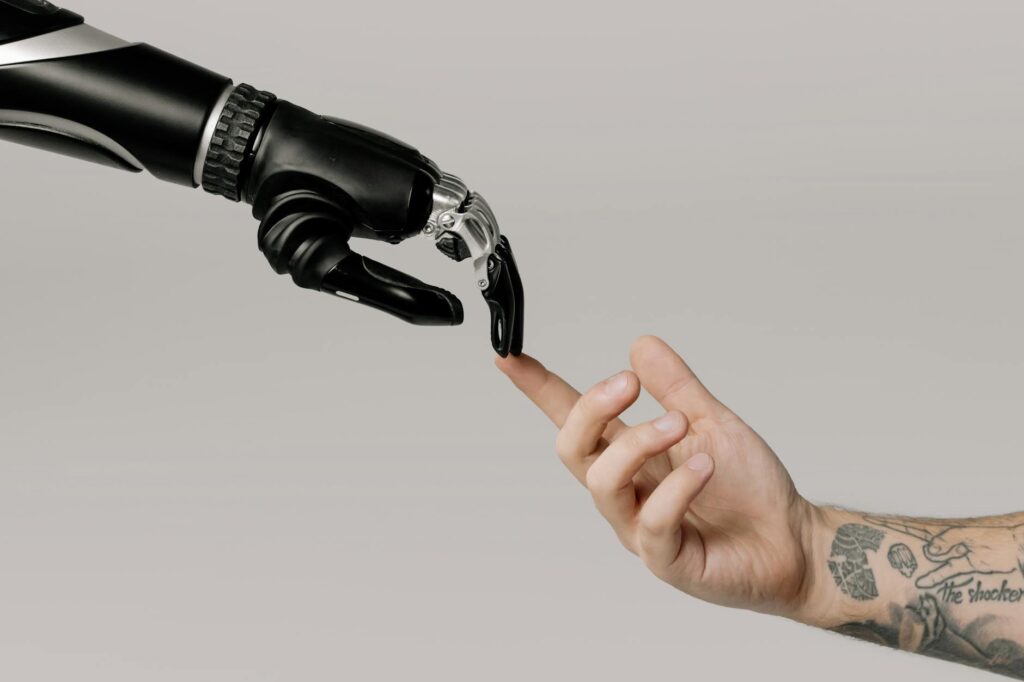The Download: Chinese LLMs, and transforming heavy-duty trucking

Technology tamfitronics
Plus: CrowdStrike explains what caused its major outage
This is today’s edition ofThe Download,our weekday newsletter that provides a daily dose of what’s going on in the world of technology.
How to access Chinese LLM chatbots across the world
Hundreds of Chinese large language models have been released since the government started permitting AI companies to open up their models for the general public to play around with in the summer of 2023.
For users in the West, finding these Chinese models and trying them out can feel challenging, owing to language barriers and registration requirements.
But in fact, a lot of the chatbots support conversations in English and are surprisingly easy to access. Whether you’re just curious to find out how well they perform or want to conduct more serious experiments for work, there are lots of ways to access Chinese LLM-powered chatbots. Here’s how anyone can try one out in minutes.
—Zeyi Yang
This story is part of MIT Technology Review’s How To series: helping you to get things done. You can check out the rest of the series here.
If you want to read more about why Chinese companies are betting on open-source AI, check out the latest edition of China Reportour weekly newsletter exploring China’s relationship with tech. Sign up to receive it in your inbox every Tuesday.
How battery-powered trailers could transform trucking
Semi-trucks move over 11 billion tons of freight in the US each year, spewing greenhouse-gas emissions and other pollutants along the highways as they go.
Shifting these and other heavy-duty trucks to zero-emissions technologies will be a challenge—even more so than for smaller vehicles, since larger vehicles require bigger batteries and more powerful chargers. One company thinks the key to progress is hiding behind rigs inside its trailers: building battery-powered trailers that can help pull their own weight. Read the full story.
—Casey Crownhart
The must-reads
I’ve combed the internet to find you today’s most fun/important/scary/fascinating stories about technology.
1 CrowdStrike’s IT meltdown was caused by a bug
A safety mechanism failed, which allowed the flaw to be distributed. (Bloomberg $)
+ It’s highly likely that it’s the largest outage in history. (The Guardian)
+ How to fix a Windows PC affected by the global outage. (MIT Technology Review)
2 Can memes really help Kamala Harris win?
Harris’ brat summer is playing out well online—for now. (Vox)
+ Her team hopes her Extremely Online traction will translate into real votes. (The Atlantic $)
3 Cruise’s driverless cars are returning to US roads
But they’ll be accompanied by human safety drivers. (NOW $)
+ Tesla is officially delaying its robotaxi fleet launch. (FT $)
+ What’s next for robotaxis in 2024. (MIT Technology Review)
4 Meta has released an AI model to rival OpenAI
Mark Zuckerberg is confident that future versions of Llama will lead the industry. (WP $)
+ Llama 3.1 is open-source, free, and free from controls. (Wired $)
+ The tech industry can’t agree on what open-source AI means. That’s a problem. (MIT Technology Review)
5 The world’s oceans are getting dangerously warm
And scientists are worried they’re reaching their limits. (FT $)
+ Meta’s former CTO has a new $50 million project: ocean-based carbon removal. (MIT Technology Review)
6 Airbnb hosts wants guests to circumvent booking through the app
And book with them directly. (Bloomberg $)
7 It’s getting harder to defend cities from intense storms
So residents are taking planning matters into their own hands. (The Atlantic $)
8 X has reinstated the real gun emoji
Replacing the water pistol symbol, for some reason. (The Verge)
9 Early stage job interviews are increasingly handled by AI
Critics are concerned the systems consolidate, rather than eliminate bias. (Rest of World)
10 The Olympics is on high alert for motor doping ????
Bicycles are being examined for tiny, hidden motors. (IEEE Spectrum)
Quote of the day
“I felt that we were throwing away our humanity.”
—Noah, an artist for video game company Activision, tells Wired why he is so fearful about the industry’s increasing interest in using AI to replace creative humans.
The big story
AI was supposed to make police bodycams better. What happened?
April 2024
When police departments first started buying and deploying bodycams in the wake of the police killing of Michael Brown in Ferguson, Missouri, a decade ago, activists hoped it would bring about real change.
Years later, despite what’s become a multibillion-dollar market for these devices, the tech is far from a panacea. Most footage they generate goes unwatched. Officers often don’t use them properly. And if they do finally provide video to the public, it usually doesn’t tell the complete story.
A handful of AI startups see this problem as an opportunity to create what are essentially bodycam-to-text programs for different players in the legal system, mining this footage for misdeeds. But like the bodycams themselves, the technology still faces procedural, legal, and cultural barriers to success. Read the full story.
—Patrick Sisson
We can still have nice things
A place for comfort, fun and distraction to brighten up your day. (Got any ideas? Drop me a line or tweet ’em at me.)
+ These baby prairie dogs are having the time of their lives.
+ Long live electro-house: and its recent revival.
+ Did you know that zombies are actually Haitian in origin? Fascinating stuff.
+ If it’s a vegetable, it can be roasted.
Discover more from Tamfis Nigeria Lmited
Subscribe to get the latest posts sent to your email.



 Hot Deals
Hot Deals Shopfinish
Shopfinish Shop
Shop Appliances
Appliances Babies & Kids
Babies & Kids Best Selling
Best Selling Books
Books Consumer Electronics
Consumer Electronics Furniture
Furniture Home & Kitchen
Home & Kitchen Jewelry
Jewelry Luxury & Beauty
Luxury & Beauty Shoes
Shoes Training & Certifications
Training & Certifications Wears & Clothings
Wears & Clothings
















